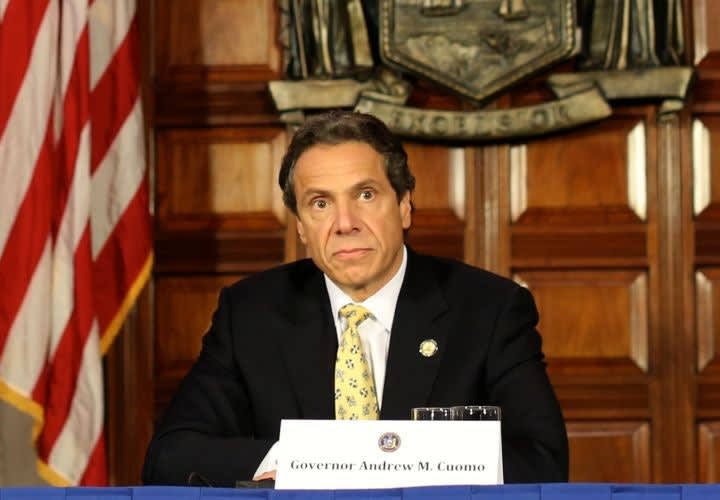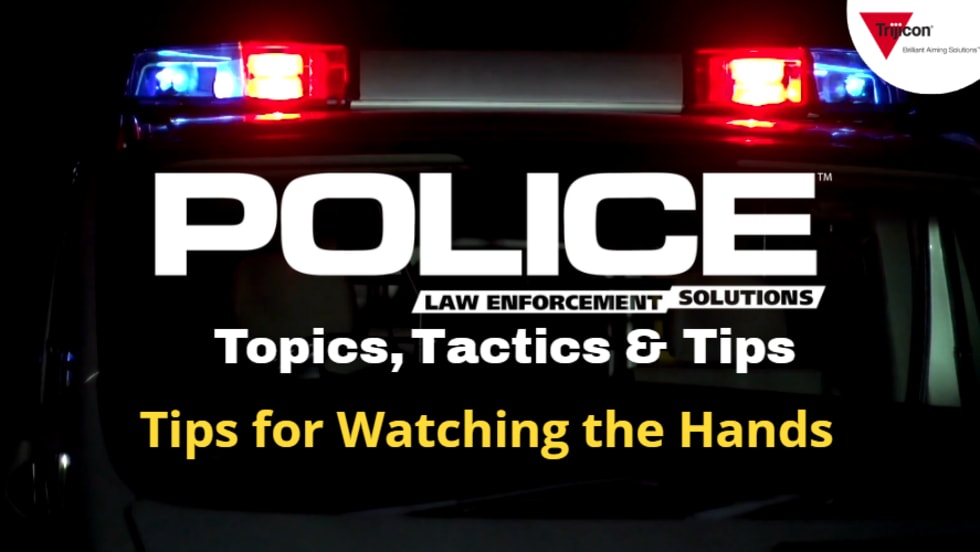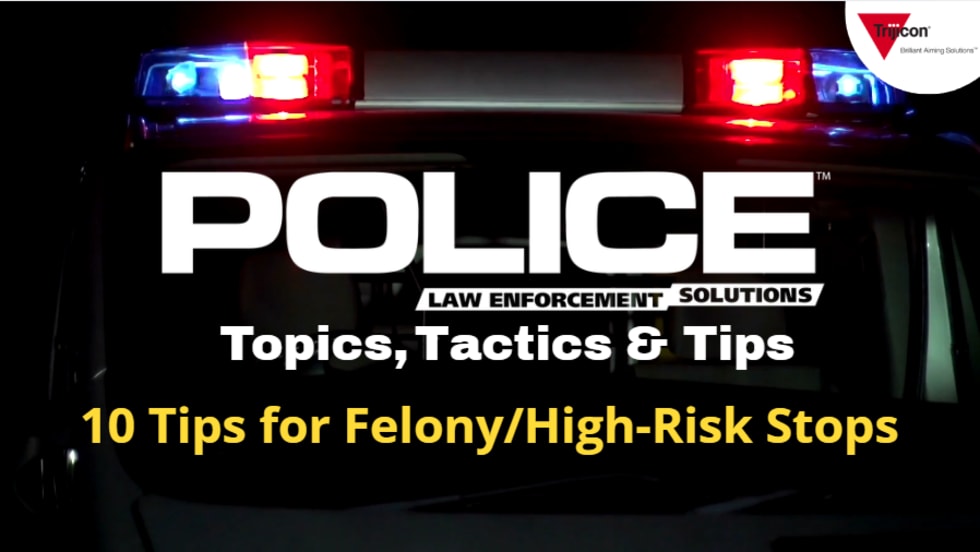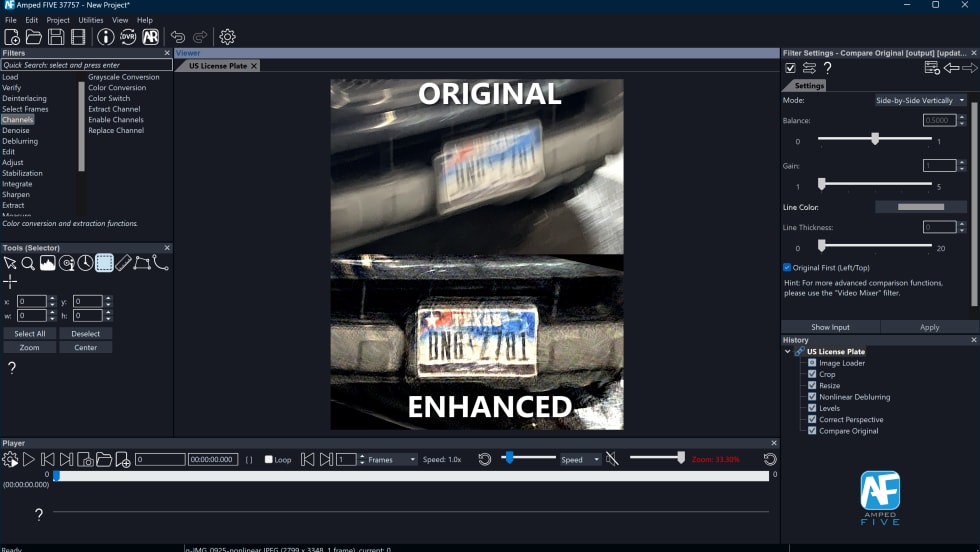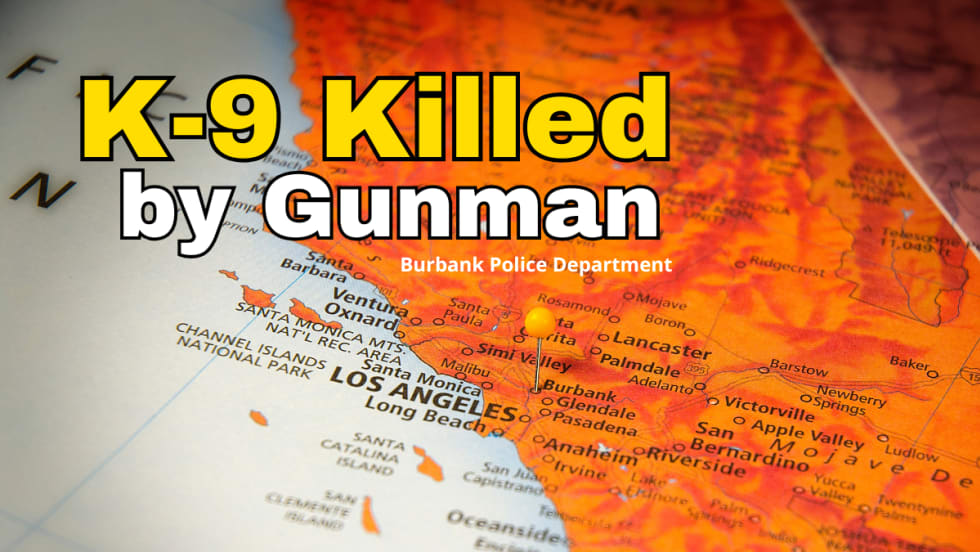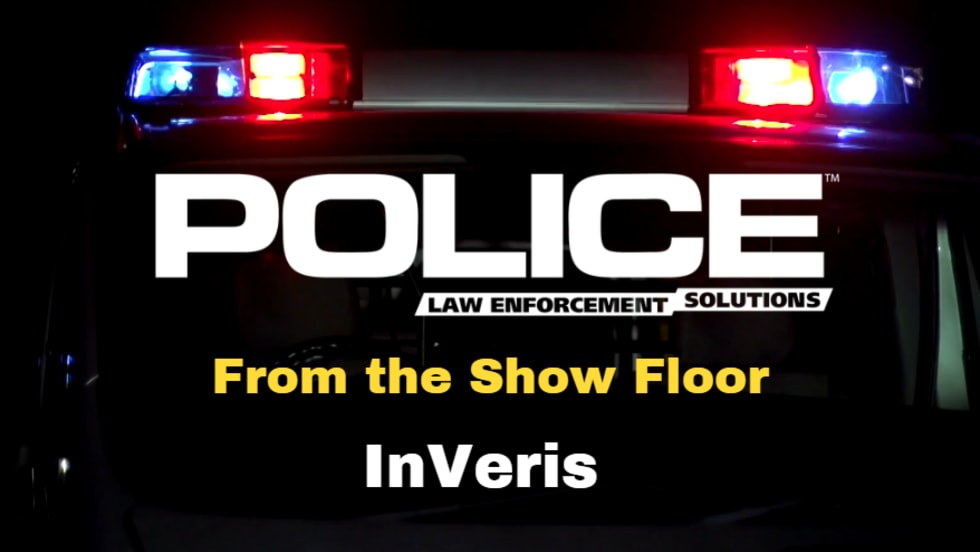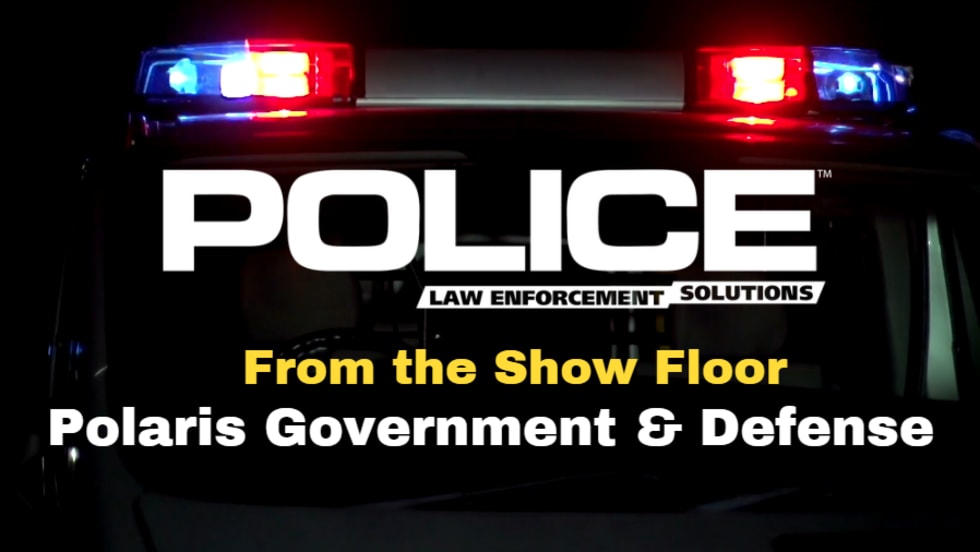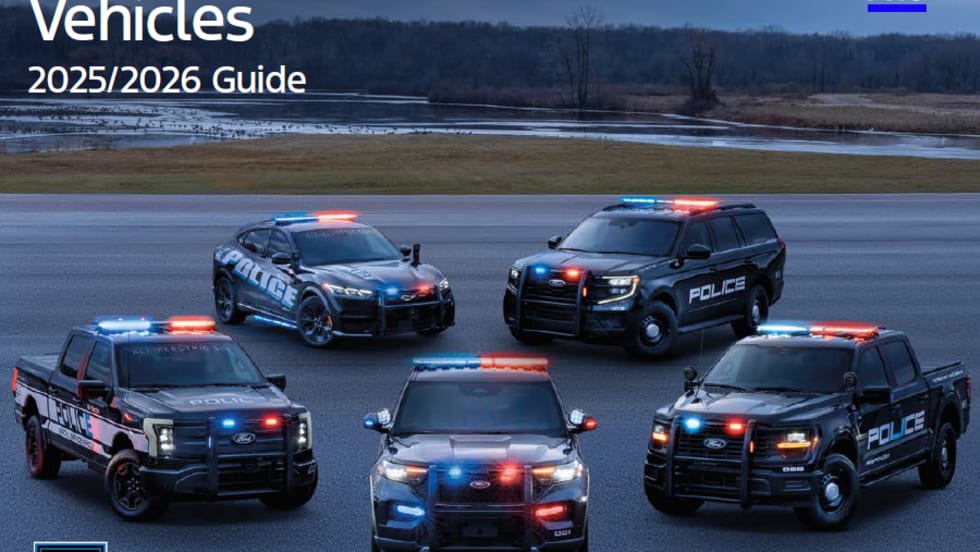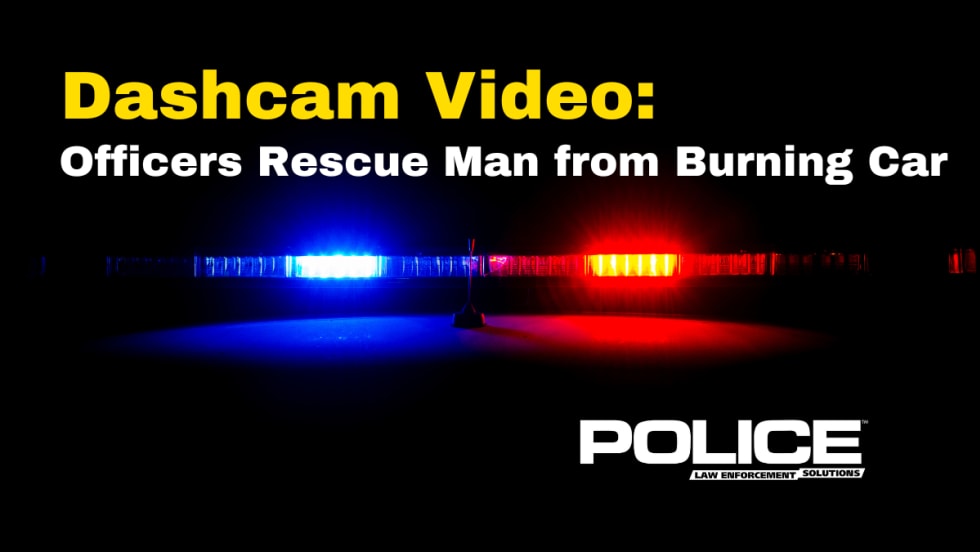"This is an issue that disproportionately affects young people—they wind up with a permanent stain on their record for something that would otherwise be a violation," Gov. Cuomo said in a release. "The charge makes it more difficult for them to find a job. Together, we are making New York fairer and safer, and ensuring that every New Yorker has access to justice system that doesn't discriminate based on age or color."
The move aligns with a policy directive issued by Police Commissioner Raymond Kelly to officers last year. Subjects who smoke marijuana in public would still be charged with a misdemeanor.
The Marijuana Reform Act, signed by Governor Hugh Carey in 1977, made private possession of a small amount of marijuana a violation punishable by a maximum fine of $100 for first-time drug offenders. Marijuana in public view remained a misdemeanor.
In the years since the passage of that law, arrests for possession of small amounts of marijuana have jumped from approximately 2,000 in 1990 to over 50,000 today. About 94% of those arrests occur in New York City.
Of the individuals who were arrested in New York State last year, more than 50% were under 25 years old and 82% were either Black or Hispanic. Of those 53,124 arrests, less than 10% were ever convicted of a crime.


